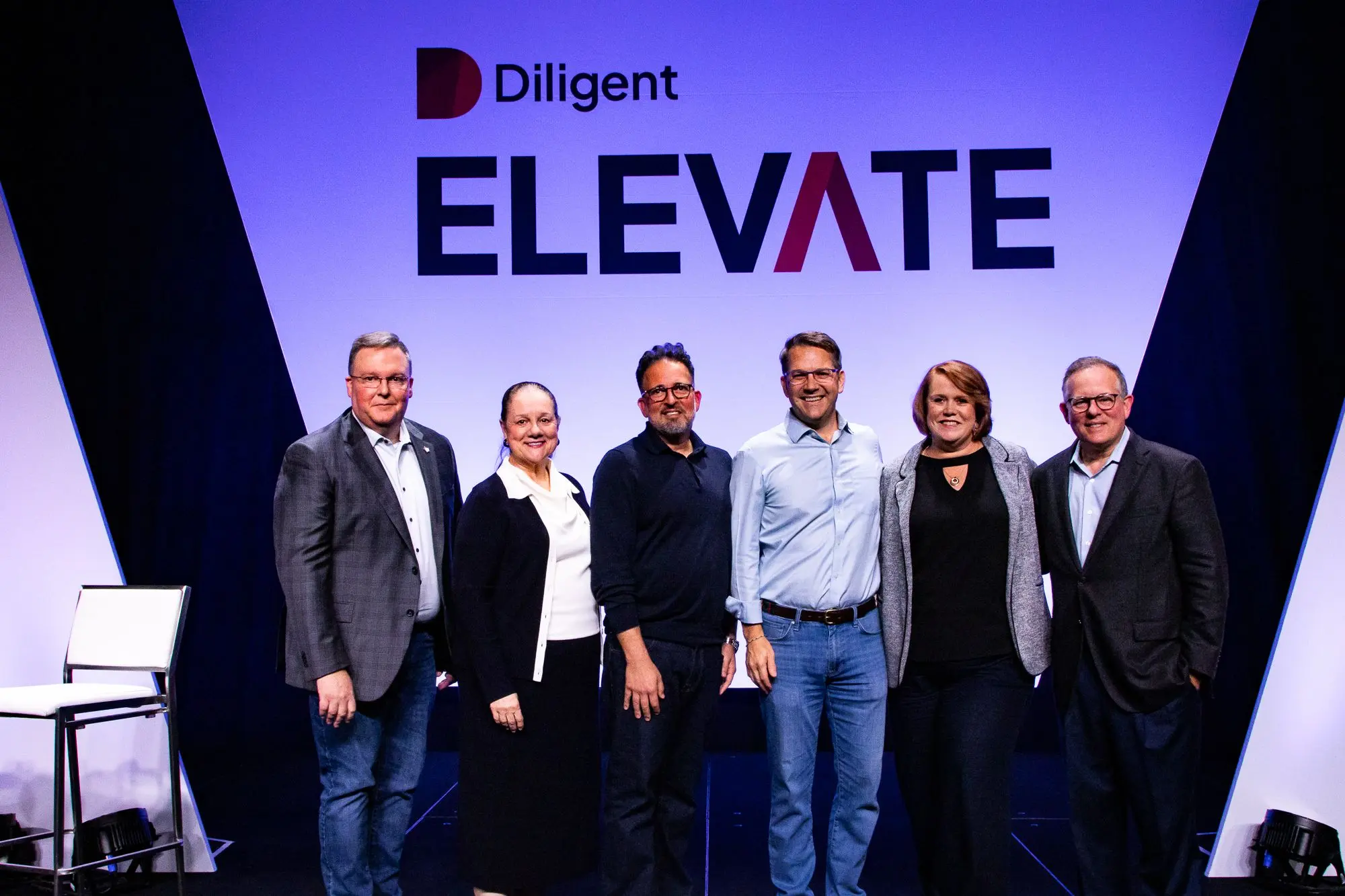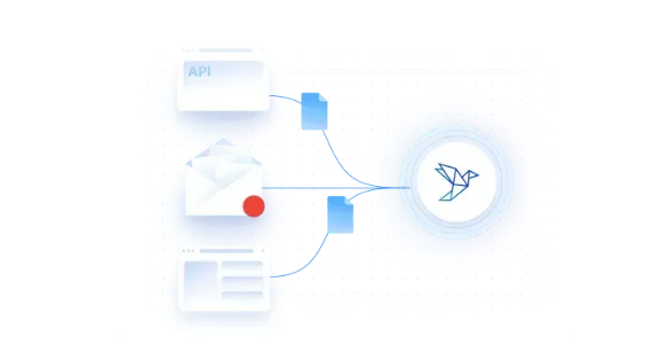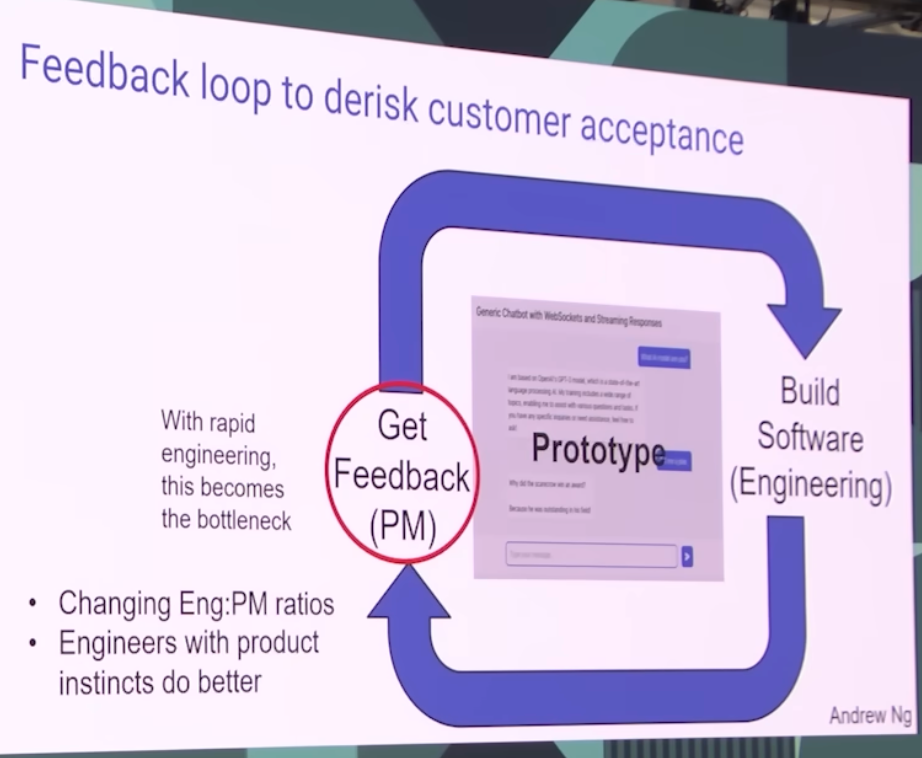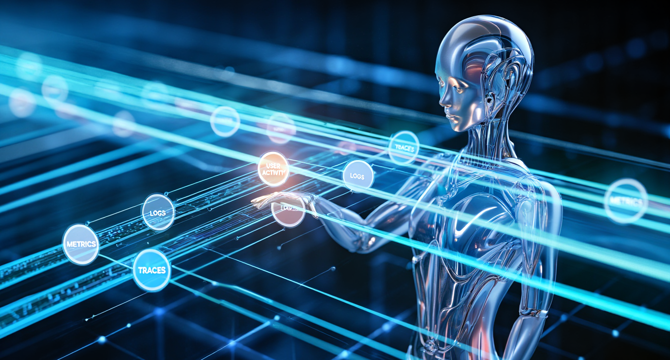AI News
Siliconangle
319

Image Credit: Siliconangle
IntuigenceAI raises $10M and launches AI engineer platform IntuiAI
- IntuigenceAI Inc. raises $10 million in new funding and launches IntuiAI, an AI-based engineer platform designed to work alongside human talent in various industries.
- IntuiAI combines reasoning, large language models, and agentic workflows to automate complex industrial tasks, surpassing other AI models in standardized engineering exams and offering significant cost savings for companies.
- The platform integrates with Microsoft Fabric and OneLake, allowing deployment at scale and secure access to organizational data for collaboration between AI and human teams in high-stakes environments.
- The seed funding round was led by Innovation Endeavors, with plans to further develop the IntuiAI platform, expand AI integration in engineering fields, and enhance enterprise deployments.
Read Full Article
19 Likes
Siliconangle
14

Image Credit: Siliconangle
Cloudian releases PyTorch connector with RDMA support for faster AI data processing
- Cloudian has released a new PyTorch connector with RDMA support, boosting performance for AI and machine learning workloads.
- The PyTorch connector is built on Nvidia's GPUDirect Storage technology and optimized for Nvidia Spectrum-X networking infrastructure, resulting in a 74% increase in data processing performance.
- Testing using TorchBench showed that the new connector processed 52,000 images per second, a significant improvement over using AWS S3 connector's 30,000 images per second.
- The connector leverages RDMA to enable direct memory-to-memory data transfers between Cloudian storage systems and GPU-accelerated AI frameworks, benefiting PyTorch users working with Nvidia accelerated computing.
Read Full Article
Like
Siliconangle
116

Image Credit: Siliconangle
C-Gen.AI’s new GPU orchestration platform promises to boost AI data center efficiency
- C-Gen.AI launches platform to automate data center AI hardware deployment.
- Their platform maximizes resource utilization, scales infrastructure cost-effectively, and eliminates manual tasks.
- AI-powered orchestration helps set up clusters fast, monitor efficiency, and repurpose idle resources.
Read Full Article
6 Likes
Siliconangle
250

Image Credit: Siliconangle
Vorlon debuts AI and SaaS security platform to enhance enterprise data visibility
- Vorlon Inc. has launched a new unified SaaS and artificial intelligence security platform to enhance enterprise data visibility and control.
- The platform addresses challenges faced by enterprises in managing sensitive data in SaaS applications and the opacity around AI interactions with data.
- Key features include shadow AI discovery, sensitive data flow mapping, and unified access monitoring for comprehensive security.
- Vorlon aims to provide security and compliance teams a live view of data interactions, prioritize incident response, and deliver audit-ready reporting to support compliance efforts.
Read Full Article
15 Likes
Siliconangle
210

Image Credit: Siliconangle
Diligent launches ACL AI Studio to streamline governance and risk data analysis
- Diligent Corp. has launched ACL AI Studio, a tool aimed at modernizing governance, risk, and compliance analytics.
- ACL AI Studio combines artificial intelligence with the capabilities of Audit Command Language to simplify data analysis and improve GRC processes.
- The tool allows non-technical users to leverage AI for data analysis, ensuring more efficient and accurate GRC processes.
- ACL AI Studio integrates with existing ACL analytics programs and includes persona-based AI tailored for internal audit, compliance, and risk management.
Read Full Article
12 Likes
Nvidia
105

Image Credit: Nvidia
Deadline Extended — Create a Project G-Assist Plug-In for a Chance to Win an NVIDIA GeForce RTX GPU and Laptop
- The deadline for submissions to NVIDIA’s Plug and Play: Project G-Assist Plug-In Hackathon is Sunday, July 20, at 11:59pm PT. Participants have the opportunity to enhance Project G-Assist, an AI assistant for controlling and optimizing NVIDIA GeForce RTX systems.
- Prizes for the hackathon include a GeForce RTX 5090 laptop, NVIDIA GeForce RTX 5080 or RTX 5070 Founders Edition graphics cards, and NVIDIA Deep Learning Institute credits. Finalists may get featured on NVIDIA's social media channels.
- Project G-Assist enables users to manage their RTX GPU and system settings using natural language without leaving their current application. Plug-ins can expand its capabilities through various development methods like Python and C++.
- RTX AI Garage provides resources like webinars, developer Discord server collaboration, GitHub repository with sample plug-ins, and ChatGPT Plug-In Builder to assist participants in creating G-Assist plug-ins. Details and requirements for submissions can be found on the Hackathon entry page.
Read Full Article
6 Likes
The Robot Report
303

XTEND secures extension to Series B to scale autonomous tactical robots
- XTEND Reality Inc. secures $30 million extension to $70 million Series B funding round.
- Funding will be used to scale up U.S. and global production and integrate AI capabilities.
- XTEND's tactical robots and systems operate autonomously in complex environments, reducing risk.
Read Full Article
18 Likes
Insider
283

Image Credit: Insider
This startup just raised $15 million to create custom maps with AI for monitoring wildfire and flood risks
- California-based startup Felt has raised $15 million to develop its AI-driven geospatial mapping platform.
- Felt's platform allows users to create custom maps and dashboards using AI through prompts.
- The platform has a wide range of applications, serving customers like insurers, emergency responders, and energy companies.
- The startup plans to use the funding to further enhance its AI platform and expand its team.
Read Full Article
17 Likes
Siliconangle
29

Image Credit: Siliconangle
Heron raises $16M to automate document-heavy work
- Heron raises $16M, aims to automate tasks in business lending, finance, and insurance.
- Insight Partners led the Series A funding round for Heron, deploying AI agents.
- The startup targets small businesses, integrates with various applications, automates manual tasks.
- Heron's AI models help streamline workflows, aiming to expand into more industries.
Read Full Article
Like
VentureBeat
109

Image Credit: VentureBeat
Perplexity offers free AI tools to students worldwide in partnership with SheerID
- Perplexity partners with SheerID to provide two years of free premium AI tools.
- The deal aims to offer students access to Perplexity Pro features worldwide.
- The partnership addresses the challenge of educational access to expensive AI tools.
- SheerID's verification platform connects to 200,000 data sources across 190 countries.
- Students can access Perplexity Pro's tools like cited research and interactive AI applications.
Read Full Article
6 Likes
Hitconsultant
188

Image Credit: Hitconsultant
NVIDIA Introduces La-Proteina: A Breakthrough in Atomistic Protein Generation via Partially Latent Flow Matching
- NVIDIA Research, in collaboration with the University of Oxford and Mila – Québec AI Institute, has introduced La-Proteina, a new method for atomistic protein design aiming to generate fully atomistic protein structures with their underlying amino acid sequences.
- La-Proteina utilizes a partially latent protein representation to model the backbone structure explicitly while capturing sequence and atomistic details through per-residue latent variables of fixed dimensionality, addressing challenges in explicit side-chain representations.
- The model is trained using a Variational Autoencoder (VAE) and a Partially Latent Flow Matching Model, achieving state-of-the-art performance in terms of designability, diversity, and structural validity, especially in scalability to large proteins.
- La-Proteina's architectural design involves neural networks based on efficient transformer architectures, with the denoiser network conditioning on interpolation times, totaling around 160M parameters, to enhance performance in atomistic protein generation.
Read Full Article
11 Likes
Kotaku
312

Image Credit: Kotaku
Report: Laid-Off Staff At Candy Crush Maker Say They've Been Training Their AI Replacements
- Laid-off staff at Candy Crush maker King claim they've been training AI to potentially replace them, resulting in low morale.
- AI tools developed by employees are now being used to replace teams, impacting functions like level design and copywriting.
- 200 employees were laid off across King, pending union negotiations, leading to significant morale decline and criticism.
- Microsoft's focus on AI technology led to layoffs across Xbox and gaming divisions, emphasizing efficiency over human resources.
Read Full Article
18 Likes
Medium
328

Image Credit: Medium
AI is Making Product Managers the Bottleneck
- Andrew highlighted the rapid changes in technology and business conditions, reminiscent of living in a continuous inflection point.
- A significant shift in the balance between product and engineering is anticipated, focusing on cohesive ideas to enable quick team movement and value creation.
- Starting with a detailed hypothesis rooted in a deep market understanding is crucial for product leaders to drive value effectively.
- Iterating without a substantial foundation can lead to aimless flailing, emphasizing the importance of a strong backbone for product development.
Read Full Article
19 Likes
Medium
201
Image Credit: Medium
How AI-Powered Runway Forecasting Can Save Your Startup from Burnout
- Incomplete forecasting models and buried assumptions lead startup founders to overestimate their runway, with AI-powered forecasting offering a solution.
- AI uses machine learning, including large language models and time series algorithms, to provide real-time data analysis, normalize revenue flows, and mitigate human biases.
- 38% of failed startups run out of cash due to misunderstanding their runway, emphasizing the importance of accurate financial planning.
- While AI can enhance financial forecasting and provide valuable insights, human oversight remains essential in considering contextual factors AI may miss.
Read Full Article
12 Likes
Siliconangle
138

Image Credit: Siliconangle
Coralogix launches MCP Server to give AI agents direct access to observability data
- Coralogix launched the MCP Server, a Model Context Protocol that enables AI agents direct access to observability data like logs, metrics, traces, and event management.
- The MCP Server aims to enhance AI agents with detailed observability data, reducing resolution time and engineering overhead.
- Coralogix's MCP Server uses the open standard MCP to allow AI agents access to customized observability data specific to each customer.
- The company also announced a collaboration with Amazon Web Services to advance AI-powered observability and security.
Read Full Article
8 Likes
For uninterrupted reading, download the app